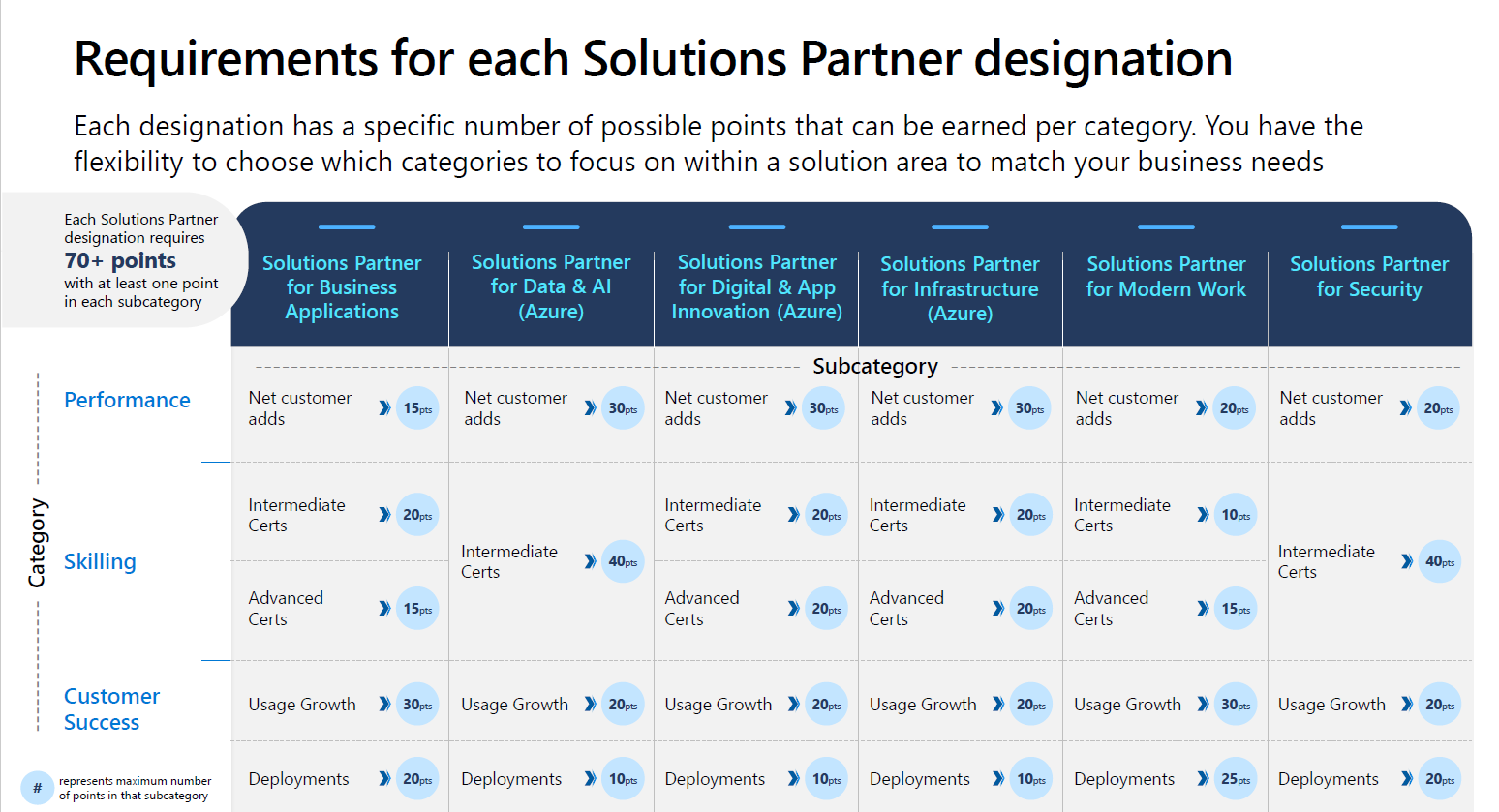Introduction
The year 2022 was a triumph for partnerships. It went so well that research shows companies are reaping significant profits from their partner programs. According to HubSpot, "49.4% of companies attribute 26% or more of their revenue to partners."
However, given the dynamic nature of ecosystems, we never know what might happen next. With partners constantly redefining their role in the marketplace and new technologies coming to market, it's no wonder ecosystems are constantly evolving. What worked one year may not necessarily work another.
The Current State of Channel Partnerships
As the year draws to a close, it can’t hurt to reflect on the state of partnerships in 2022. After all, to understand the future, we must look to what has already been accomplished.
One of the most remarkable things is that 2022 has changed the way companies acquire goods and services. The procurement process of traditional businesses has changed in many ways, including being more digital, more referral-based, and less sales-oriented.
As a result, ecosystem business models are adapting to these industry developments by leveraging partners to influence their potential customers, gain a better understanding of their target audience, and jointly develop and service integrated products.
This year, more companies have also understood the value of investing in partners early on and not just those primarily concerned with the point of sale.
In addition, there are other interesting statistics from the HubSpot report:
- 78% of companies have a partner program
- 65% of the companies see collaborations as an opportunity for their future expansion
- In 49.4% of cases, partners account for 26% of the company's sales
- 65.2% of organizations are using at least one partner tech system
What’s Coming for Channel Partnerships in 2023
Will channel partners play a greater role in company revenue in 2023? Will we continue to see the rise of partnership tech? Where do we expect growth and investment?
Here are our predictions:
Partner Enablement > KickBacks
As you may already know, many channel partner programs offer kickbacks and other channel incentives to encourage partners to take positive action, help them grow their own businesses, and increase their income. These rewards inspire partners to choose your products over those of your competitors and encourage long-term partner loyalty.
However, as we have seen over the past year, partner enablement is becoming more important than kickbacks. In the past, many vendors thought they were achieving their "channel enablement" goals by providing product data sheets to their partners. In reality, however, they were missing the essential elements they needed to interact with their partners and drive their partner’s businesses alongside their own.
In 2022, more businesses understood that partner enablement is truly about seeing your partners less as a consumer and more as a conduit to the actual product. Channel partners are an important source of revenue for any business, and that's why partner enablement is so important. It's critical that you provide your partners with the information, guidance, and tools they need to build a consistent buyer's journey for your end customers.
You'll help them help you by increasing sales while improving partner engagement and marketing ROI by ensuring that all of your partners can start and complete the sales process independently and that they have what they need to serve customers. With this in mind, we will be seeing a lot of partner enablement initiatives in 2023.
Creativity in Success Metrics
Many channel executives believe tiers are important to encourage partners to generate sales. They then offer tiered rewards, incentives, and benefits through tiered sales programs that, in theory, incentivize partners to deliver results in terms of revenue and money.
This means that a partner must take action if they want to receive better offers, support, and deliveries. On the other hand, partners open the way to better connect with their vendors by offering a higher level of program compliance.
The financial outcome of that compliance has always been the most important metric. However, experts believe that customer success will eventually replace revenue as the primary criterion for evaluating and rewarding partners, as transactions become less important.
Microsoft is a good example of this. Microsoft recently announced that it will move to a point system based on partner success, certifications, and capabilities. Ultimate customer success and high customer satisfaction are much more critical than certifications and skills.

By 2023, partners should be able to deliver similar success to end customers and give customers a consistent experience throughout their journey.
Hiring Partnerships People for Every Department
In the age of connectivity, it no longer makes sense to limit collaboration between sales channels to one department. Delivering long-term value to consumers requires close collaboration in today's sales climate. And, collaboration is now easier than ever because data can be shared digitally quickly and easily.
However, many opportunities to maximize customer value are lost in the channel partner ecosystem. To achieve this, companies must collaborate with people in marketing, sales, development, and other areas, rather than relying on just one department or executive.
According to Jay McBain in his latest webinar with Partner Playbooks:
“In the future, we'll be seeing an org structure of embedding people through the organization. That means businesses are building partnerships ops from within.”
In 2023, we will likely see many companies adopting this ecosystem-minded model. Partnerships will have a role and voice in every department vs. being off on their own little island.
Three Deep, Three Wide
According to Rasheite Calhoun in her Greatest Minds in Partnerships article, the strongest shape there is a triangle. All three sides equally support any weight that acts on them. They represent geometric stability. No matter how much pressure you put on one side, it will not break.
That’s how partnerships should be.
It is much better for three partners to go to market together than two, not because more is better, but because four or five could end up in chaos. If all three pull together in front of the customer and sell together, it's harder for the customer to pull out of the relationship because they are connected to each of your solutions.
You can build a network of alliances that surround your business and serve as an extension of your internal teams. These partners will help you promote, sell, integrate and expand your products. For this reason, working with your partners' affiliates is critical.

That's why Will Taylor from PartnerHacker believes that you should work with your partner's partners. Bringing everyone to the table will make it easier to start conversations and build relationships.
Trust is the Best Currency
Every long-term business relationship is based on trust. Beyond KPIs, partners need mutual trust. In partnerships, trust is critical, from believing in the accuracy of sales statistics to believing in a vendor's capabilities to provide value.
Without trust, it would be nearly impossible to implement a successful sales plan. Building trust between parties is a prerequisite to both getting sales data correct and selling a vendor's product. This ultimately transfers to the customer.
Therefore, as partnerships grow in 2023, partners will become more selective about who they work with. They need someone who is transparent and trustworthy, not someone who just sends them commission checks.
Partnership Tech is at the Center
Leading channel programs of today use technology to automate, improve, integrate, and accelerate channel processes. Vendor portals are becoming a standard practice among partners for conducting business. Offering an automated, streamlined partner experience fosters loyalty and boosts partner success. Vendors who concentrate on offering the best channel automation solutions are benefiting more than ever from their partner programs.

The PRM is the most widely used technology with 36.7% of organizations using one. When you consider that a PRM can help manage and scale all elements of partnerships and streamline the tracking of all partnership sales and marketing activities, this figure makes sense.
In his webinar with Playbooks, Jay also mentioned that many channel managers work solo. So the ability to automate tasks that end up taking up a lot of time allows you to focus on really building meaningful relationships.
Even the Hubspot report shows that 90% of partner professionals who aren’t currently using partner tech believe that their organization should start doing so. Therefore, we believe that in 2023 more partner professionals will rely on technology such as PRM software.
Conclusion
It seems that the theme for 2023 will be to strengthen partnerships and make relationships more meaningful. Many partnerships are no longer just focused on paychecks, but on providing value to their partners and the end user. Things like strong enablement and trust will win out over commission percentages.
Internally, we can expect to see teams working towards alignment both by connecting departments via partnership hires and with the use of centralized partnership tech.
2022 was a good year for partnerships, but we believe 2023 will be even better.






